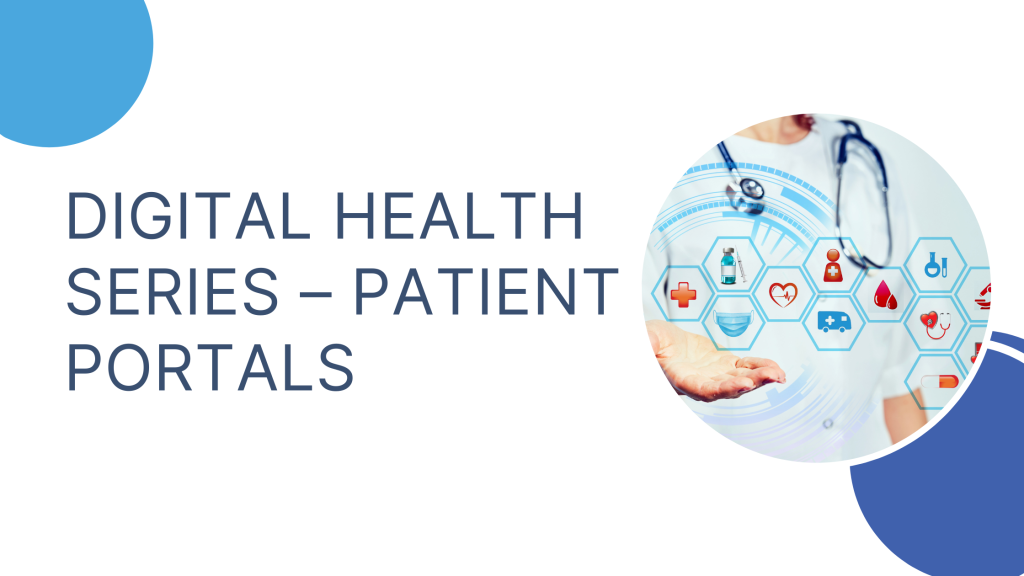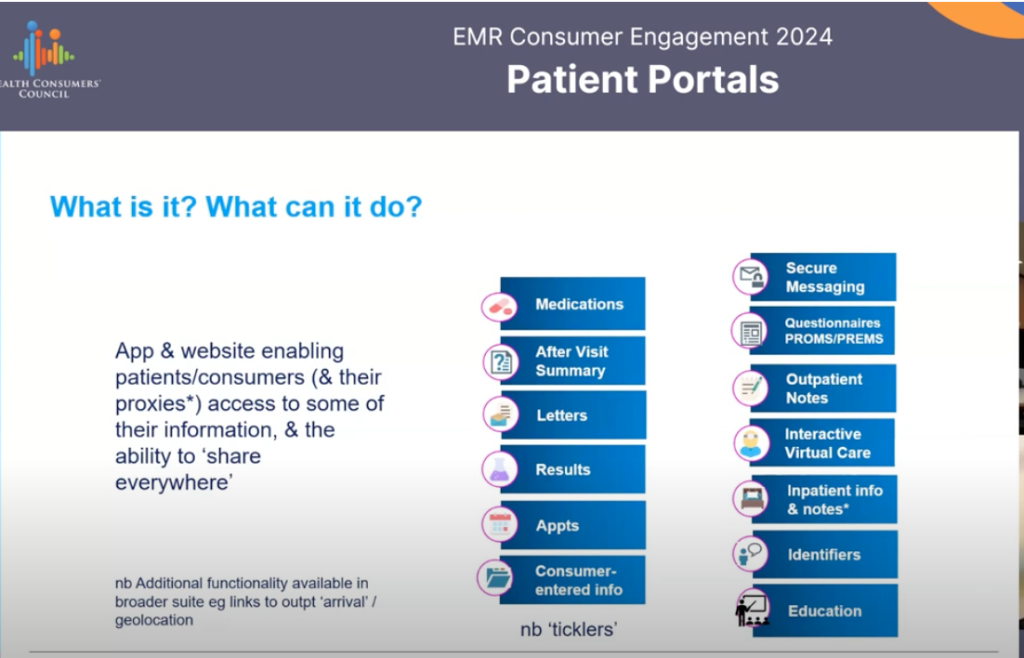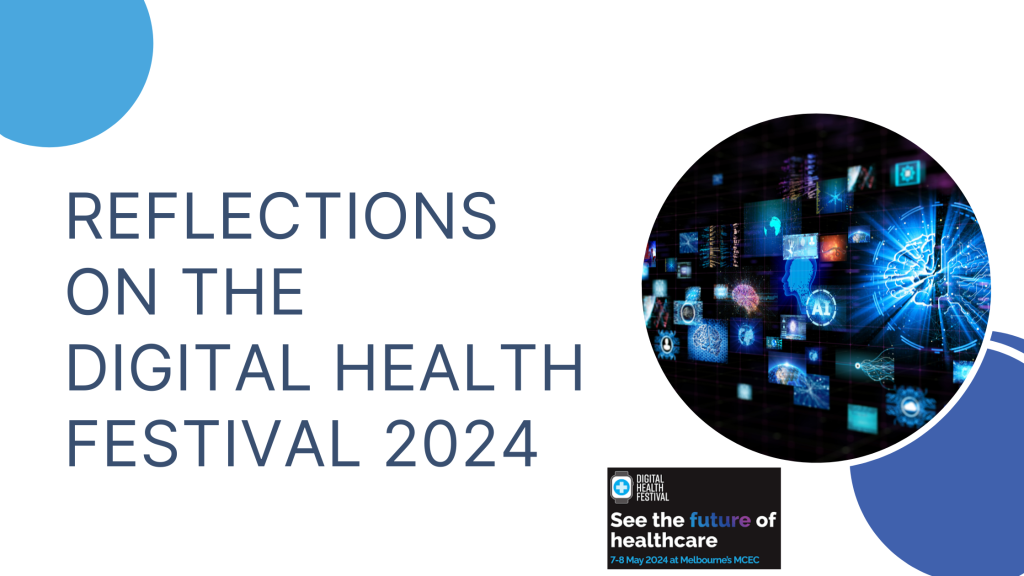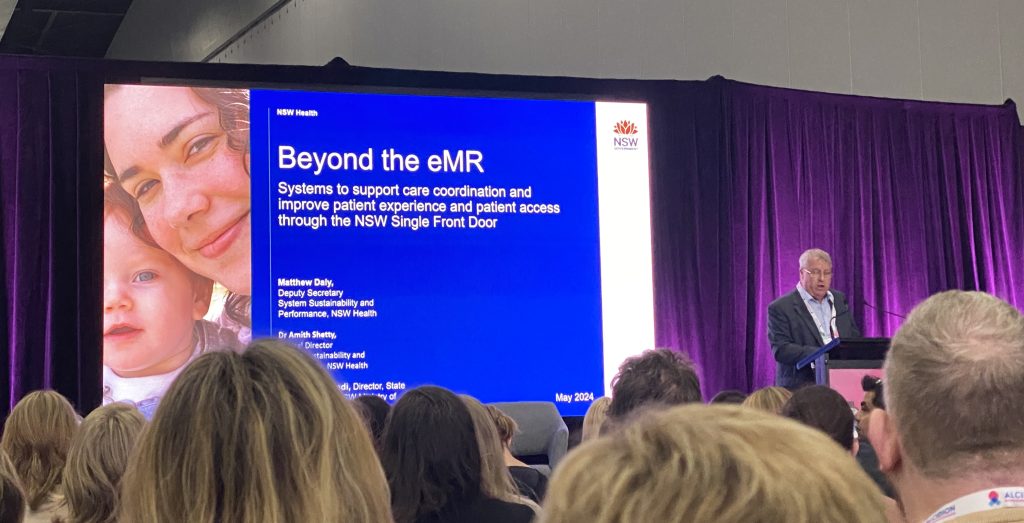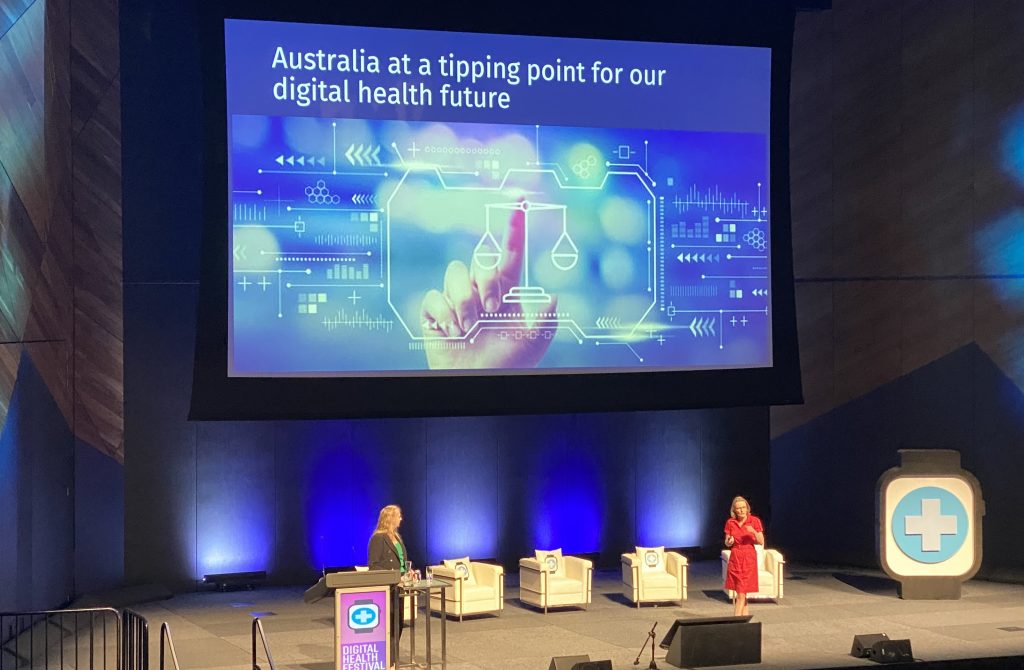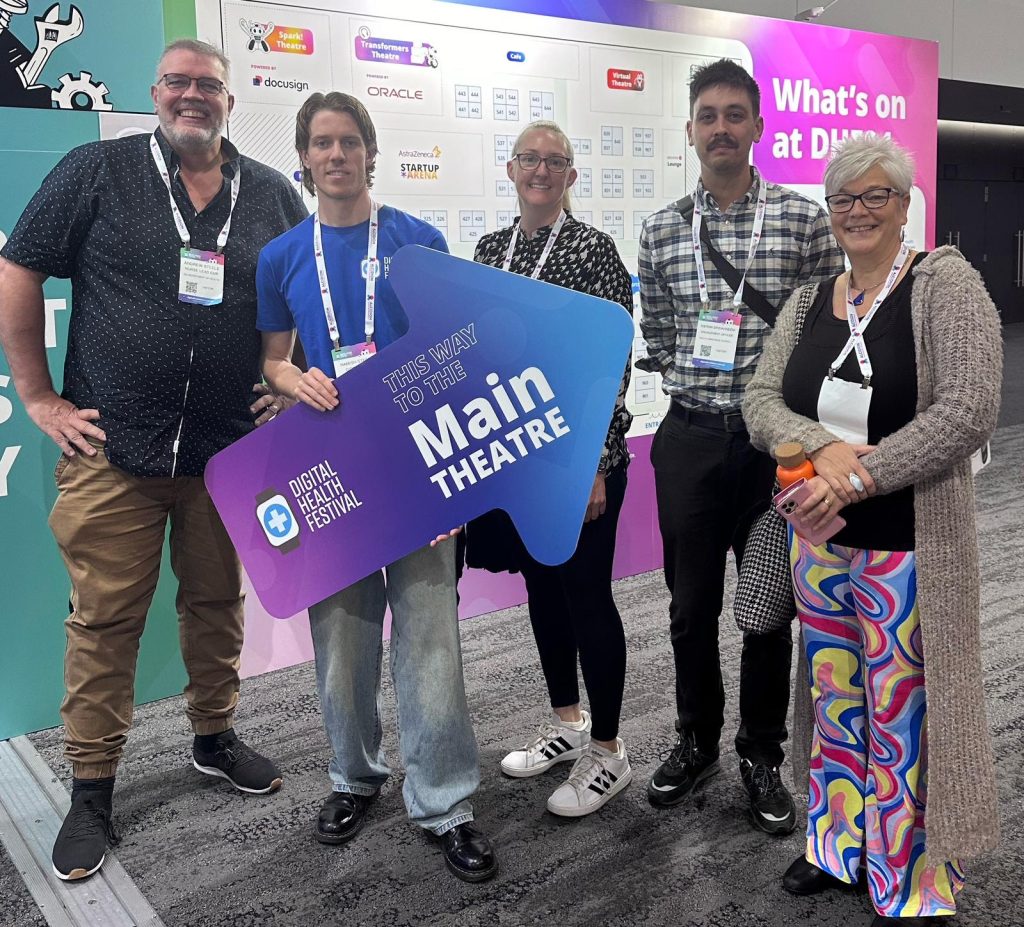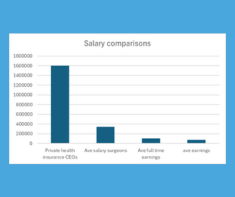Health Consumers’ Council is an independent charity that also operates as a non-profit social enterprise. Delivering paid projects is one of the ways that we fund our work with consumers, community members, and people with lived experience. Engaging HCC to work with your organisation will also help us to achieve our shared goal of person-centred equitable high-quality care for all.
Our consulting services support consumer-focused organisations with the design and development of innovative, contemporary approaches to consumer and community partnerships and involvement. With a people-first approach and a consumer/lived experience lens at the heart of everything we do, our work helps health organisations and staff feel more confident to work with consumers in a meaningful way.
We invite you to discuss your project and any associated fees with our team. We work hard to keep our overheads low so we can offer you value for money. When you work with HCC, you have the added value of knowing any revenue we generate is used to benefit the WA community.
Supporting health services to involve consumers and community
Health consumers play a vital role in ensuring improvements in healthcare delivery and a more person-centred healthcare system. We believe you cannot have effective, efficient, and safe health services without input from consumers.
In addition to providing support, education, and facilitation for health consumers, carers and community members, we offer a range of services for healthcare providers and the health system. Some of these attract a fee, which we encourage you to discuss with us.
With a deep understanding of the issues that impact diverse consumers, a wealth of collective knowledge, data and experience around working with the health system, and the ability to provide unique and nuanced insights, we offer immeasurable value to those wanting to deliver health services based on consumer needs.
We believe in the importance of authentic, productive partnerships in healthcare to create the WA health service we all aspire to.
Our full capability statement will be available soon.
When you work with HCC, you will have access to:
- A partner who will work with you to shape and guide your project so that you get the right level of engagement to deliver on the promises made to all stakeholders
- An equitable and collaborative approach that is sensitive to the needs of both consumers and health services staff
- A team of qualified, multi-skilled experts with considerable lived experience, who are committed to championing the consumer voice
- Experienced facilitators with diverse backgrounds, skilled at engaging with consumers with diverse backgrounds and requirements, in a meaningful way
- An extensive network of connections and ongoing, trusted relationships with health consumers and communities
- Support to connect and engage with informed and experienced consumer representatives
When should you contact us?
Before you scope your project: we can advise on timeframes and resources needed to meaningfully engage with consumers, carers and community members.
Once the scope is confirmed: we can advise you on ways you can reach and engage with your target groups.
During your engagement activities: we can help you to think through how best to get input from your target audience, be a sounding board for your plans, and be a place to debrief so you can embed the learning you’ve had from the work.

We offer a range of training and workshops for health services staff to improve their understanding of consumer perspectives and effective consumer engagement, as well as workshops you can offer to your consumer representatives.
All of our training is available on a bespoke basis, nearly all can be delivered in-person or online. HCC can also develop training and education packages to support your organisations’ specific needs.
For more detail and to make an inquiry about our training, see Our Training.
Seeing Beyond your Cultural Lens: The first part of developing a Cultural competency is to understand our own culture and how that influences how we see and experience the world. An opportunity for self-reflection and learning in an environment that is safe and supportive and gives participants the chance to challenge themselves.
Supporting Cultural Diversity in Healthcare: supporting health workers to provide culturally inclusive services that support patient-centered care.
Acknowledging Country workshop: learn to deliver a personalised Acknowledgment of Country with confidence and respect.
Introduction to partnering and engaging with consumers: an introduction to some of the things to consider when thinking about working with consumers and carers in health.
For consumer advisory groups
Introduction to consumer representation: support the development of a new consumer group, or upskill and support an existing consumer group.

Making the step from theory to practice in consumer engagement can be difficult. We’re committed to supporting people working in health and social care to involve consumers, carers, community members, clients and service users meaningfully in planning, developing, implementing and reviewing policies and services.
Our team is available to talk to you about your current projects or concerns and provide advice and suggestions about how to best engage with consumers.
Consulting and advisory services: providing advice and support on a range of issues related to consumer engagement, health policy, and health system reform.
Consumer partnership mentoring/coaching: helping you develop skills, awareness and strategies for engaging with health consumers.
Consumer engagement project planning: helping you effectively and meaningfully involve consumers in planning, developing, implementing and reviewing policies and services.
Consumer engagement: expert advice, support, recruitment, and facilitation to ensure the consumer voice is heard.
Facilitation: online, in-person or hybrid facilitations of consumer, carer and community engagement activities.
Supporting communications projects: ensuring information is accessible, easy to understand, and delivered to those who are harder to reach.

If you are looking for consumers and community members to join your committee or advisory group, or to provide other input on your project, we can help.
Whether you’re looking for guidance on how to get started with consumer recruitment, or you’d prefer someone to manage the recruitment process for you, we are available to help.
We encourage you to have a chat with us about how we can connect you with a diverse audience of engaged consumers and lived experience experts from different demographics and backgrounds.
Make sure you have a read of these key considerations for involving and partnering with consumers.

“Thank you so much for your help in arranging today’s regional focus on [this topic]. The participants were well informed, adequately prepared and provided invaluable insights throughout the course of the session… This first focus group has set a strong foundation (and very high bar!) for subsequent sessions in this project. This is testament to HCC’s strengths and your hard work in making this happen in such a short period of time.” – Client
“The HCC demonstrated exceptional skills to connect and develop meaningful relationships with multicultural communities in this project. The HCC ensured all community members were empowered and had a voice to improve the cancer care journey and successfully recruited culturally and linguistically diverse men and culturally and linguistically diverse people living in regional WA to participate in the project. Their leadership and contribution have informed the Department of Health on ways to improve the cancer journey for culturally and linguistically diverse consumers and carers.” – Health Networks (Cancer Network)
“I think this has been a very positive process. The opportunities we’ve had to put forward perspectives, it’s not just giving feedback. I feel we’ve had a role in shaping this, as well as feedback to some communications. I feel we’ve had our voices heard; the engagement has been really respectful…” – Consumer
“Very well facilitated to allow for people to ask and share and learn in comfort.” – Consumer
“Content excellent, break out groups very useful. Ability to participate via Zoom much appreciated!” – Consumer




